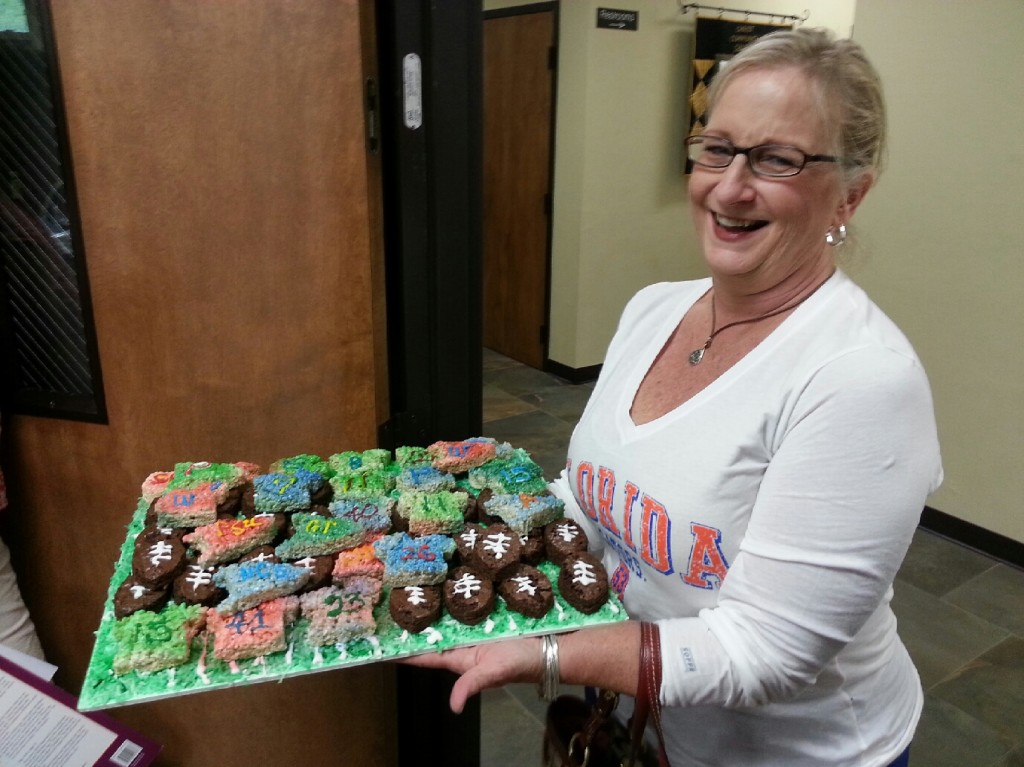Stott & Keller: This short section is the classic text describing the very earliest church and how it lived its live corporately. It is extremely concise but also extremely complete. John Stott writes: “It is incorrect to call the Day of Pentecost ‘the birthday of the church’. For the church as the people of God goes back at least 4,000 years to Abraham. What happened at Pentecost was that…God’s people became the Spirit-filled body of Christ.” Thus this picture of the church is also a picture of what the church becomes when the power of the Spirit is in evidence. During times of spiritual revival and renewal, the church can return to some degree to this form. People studying this text seriously can discover an almost endless stream of important insights as to how Christians should live together in community.
Reading Acts together:
Tim Keller: Discussions of the nature of “glossolalia” (speaking in tongues) must not distract us from the main point of this miracle. On the first day of any church, a very important decision has to be made. What language (and therefore what culture) will he church conduct its worship and business in? When Redeemer Church held its first service, it did so in English, which automatically made ministry to other people (who did not speak English) of secondary importance for the church. Well, on the first day of Jesus’ church, he refused to choose one language or one culture to minister in! If the apostles had spoken in Hebrew or Aramaic or Greek–the signal would have been set that the gospel was primarily for just one people group. But the Lord on Pentecost shows the world that the gospel is for every tongue, tribe, people, and nation. The first “worship service” is multi-lingual, multi-cultural, multi-racial in the extreme.
Pentecost means that the unity of the Spirit transcends all racial, national, and linguistic barriers. For centuries, commentators have noted that Acts 2 is a reversal of the curse of Babel. Acts 2 provides a “Table of the Nations” as does Genesis 10. But in Acts 2, a miracle of blessing brings people together through understanding despite linguistic barriers. While in Genesis 11, a miracle of cursing breaks people apart through division despite original linguistic sameness. In Genesis 11, the people of the earth unite to “make a name for themselves” (v.4), and this leads to the disunity of racial and cultural alienation. In Acts 2, when people unite “to call on the name of the Lord” (Acts 2:21) and the result is racial and cultural healing.
Well she’s been with us all year, but I never had a picture so I never put her biography up. But then someone sent me a great picture of our one and only Clara Driebe.
Clara has been with our church since we began 15 years ago. She teaches the 4th and 5th graders during the first service. Thank you Clara for all your hard work!
We are seeking to read through the Book of Acts together. This week’s readings are:
Mon Oct 22 Acts 1
Tue Oct 23 Acts 2
Wed Oct 24 Acts 3
Thur Oct 25 Acts 4
Fri Oct 26 Acts 5
Sat Oct 27 catch up/reflect/review
Luke’s primary purpose is to edify Christians by recounting how God’s plan, coming to fulfillment in Jesus, had continued to unfold in the history of the early church. Perhaps Luke’s most important contribution is precisely this careful linking of the apostolic proclamation of the Word of God with the word that Jesus both taught and fulfilled. The “Word of God” thus binds together Luke’s two volumes, as the salvation that the angel first announced on the night of Jesus’ birth on a Judean hillside (Luke 2:10-12) is brought finally to the capital of the Roman Empire. Luke thus presents “the things that have been fulfilled among us” (Luke 1:1) as a continuation of the salvific history of the Old Testament, showing how this history reaches its culmination in Christ and flows from him through the Spirit-led apostles into a new phase, the church as the eschatological people of God. By doing so, Luke gave to Theophilus, and continues to give to every Christian who reads his two volumes, an assurance that faith is solidly grounded in the acts of God in history and that the message we believe is the same message sent from God. read more…
Also: Bunch o’ Acts resources
About This Blog
This blog is one of the primary ways that Christ Community's staff can connect and share information. Look for important updates on our community life here each week.
Visit the CCC Website.
View our Church Calendar.
Reminders & Reflections
Blog Archive
- June 2015
- May 2015
- April 2015
- March 2015
- February 2015
- January 2015
- December 2014
- November 2014
- October 2014
- September 2014
- August 2014
- July 2014
- June 2014
- May 2014
- April 2014
- March 2014
- February 2014
- January 2014
- December 2013
- November 2013
- October 2013
- September 2013
- August 2013
- July 2013
- June 2013
- May 2013
- April 2013
- March 2013
- February 2013
- January 2013
- December 2012
- November 2012
- October 2012
- September 2012
- August 2012
- July 2012
- June 2012
- May 2012
- April 2012
- March 2012
- February 2012
- January 2012
- December 2011
- November 2011
- October 2011
- September 2011
- August 2011
- July 2011
- June 2011
- May 2011

